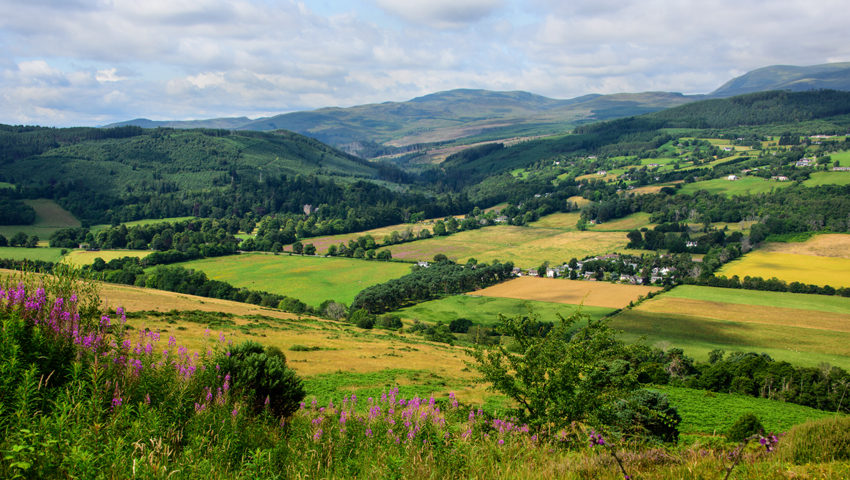SCOTTISH Land & Estates (SLE), the rural business organisation, has reiterated its plea for clarity on future support on food production, climate change, and biodiversity. The organisation was speaking as a debate on future agriculture policy in Scotland took place in the Scottish Parliament.
SLE said it wanted to see greater engagement from government with the sector – and more resources allocated to handle the milestone bill.
Thee organisation has written to the First Minister asking for a rural ministerial post to be reinstated with three major articles of legislation on agriculture, land reform and moorland management all imminent.
Eleanor Kay, Senior Policy Adviser (Agriculture & Climate Change) at Scottish Land & Estates, said “We firmly believe the First Minister should solidify his stated commitment to rural Scotland by assigning a minister to support Cabinet Secretary Mairi Gougeon on future agriculture policy that the sector has been waiting more than six years for.
“There is a huge task ahead and we hold concerns that at ministerial level, and particularly within the Agriculture and Rural Economy Directorate, that insufficient resources are available to deliver on landmark legislation that will shape the sector for decades to come.
“As legislation is being drafted, we would again urge the Scottish Government to improve communication with the agriculture sector and request that it creates pre-legislative sector sub-groups to debate and identify potential conflicts in order to help the government to introduce practical, workable policy.
“The structure of these groups would be a way for Agriculture Reform Programme leads to develop and test ideas and methodologies. The Scottish Government must accept that it is far harder for the sector to universally accept legislative provisions when it has not been privy to the rationale behind those provisions.
“We also still want to see a review of the Agriculture Reform Implementation Oversight Board’s (ARIOB) membership to make sure there is a broader range of experience of different land use represented, so that future policy does not conflict with the objectives of other land uses.”
SLE added that a huge opportunity was available to deliver for rural Scotland – but that it needed to be grasped immediately.
Ms Kay continued: “Farmers and land managers have been struggling with uncertainty for over six years since the Brexit vote, making it difficult to plan and invest for the long-term. The new Agriculture Bill must bring long-term certainty, particularly around direct payments. Whilst there may be circumstances in the future where capital grant and indirect funding schemes need to be adapted, farmers and land managers must have clarity and security on business-critical funding.
“We have an opportunity to create a new policy which delivers for Scotland, recognising the significant potential of an integrated approach to land management in producing sustainable food, sequestering carbon, improving biodiversity, securing a sustainable supply of timber and fuel, and delivering wider ecosystem improvements to the benefit of all in Scotland.
“Much of the focus of land use policy development thus far has been on tackling the climate crisis through reducing GHG emissions and increasing carbon sequestration. We want to see equal consideration given to food production, climate change, and biodiversity across rural policy development.
“Whilst we welcomed the modest progress delivered through the Agricultural Reform Route Map published earlier this year, we need detailed policy not to prevent long-lasting negative consequences for the sector. We must use this opportunity to identify what we want to achieve from investment in rural Scotland, particularly in our uplands and our less favoured areas.”
